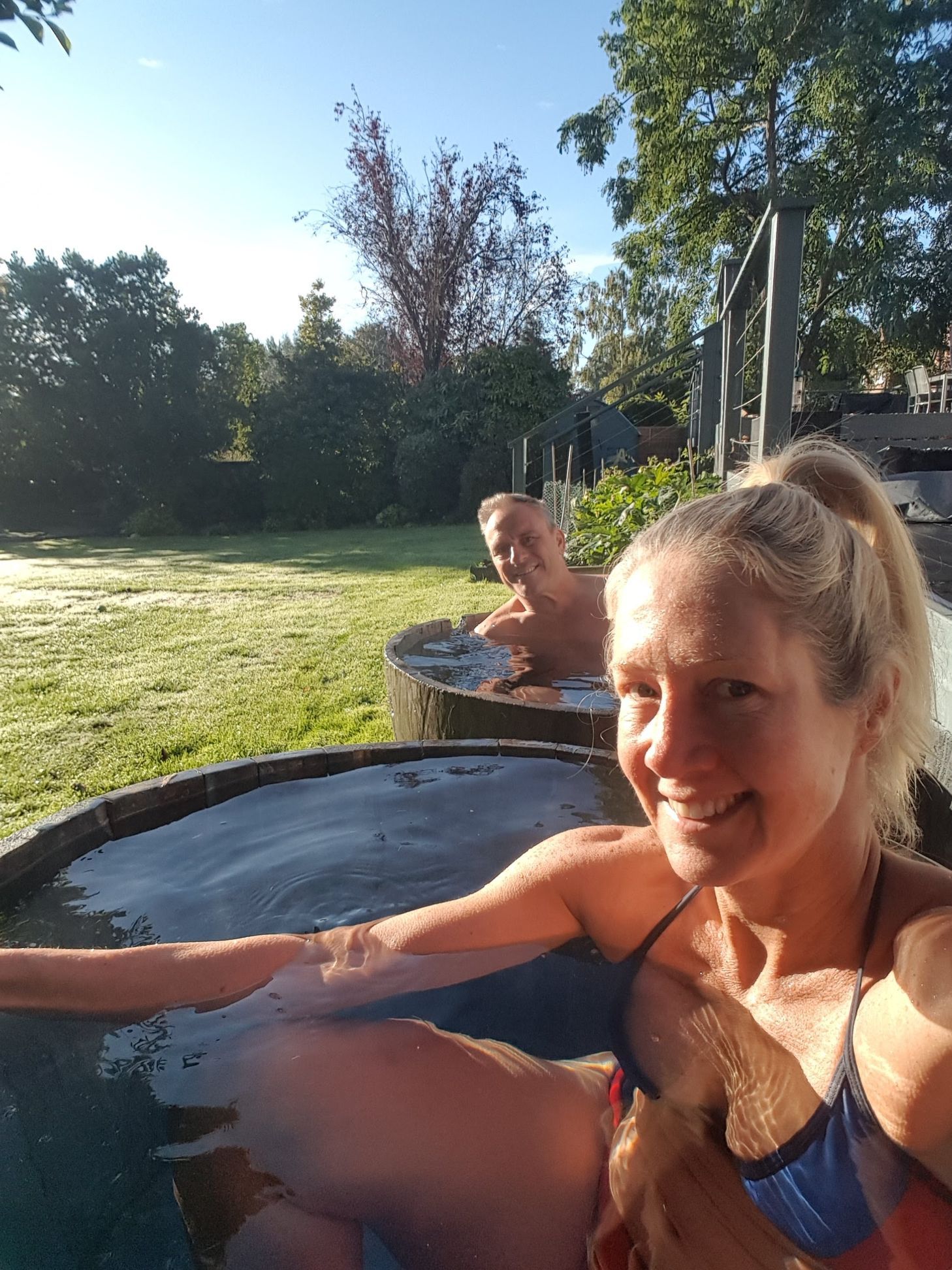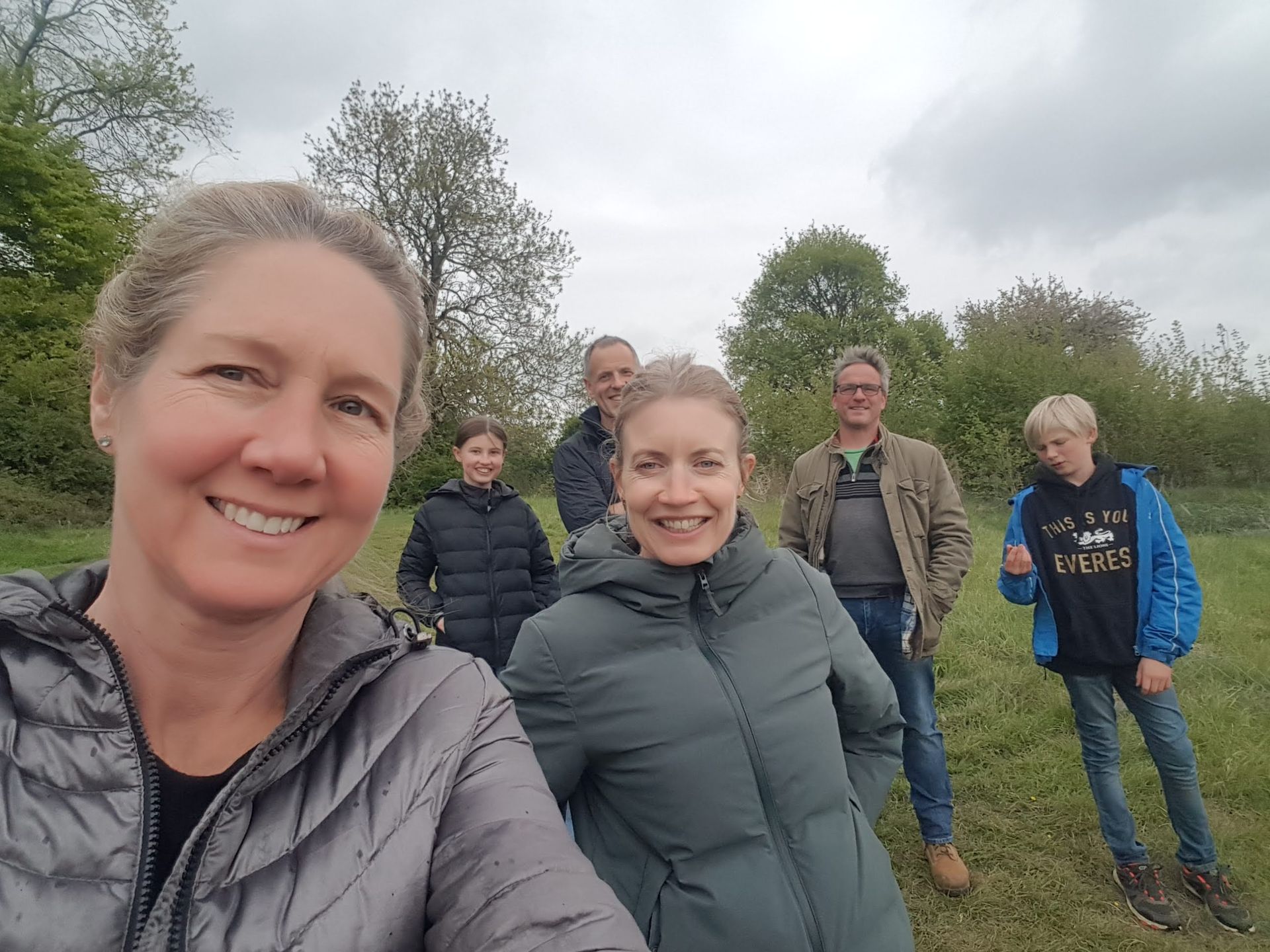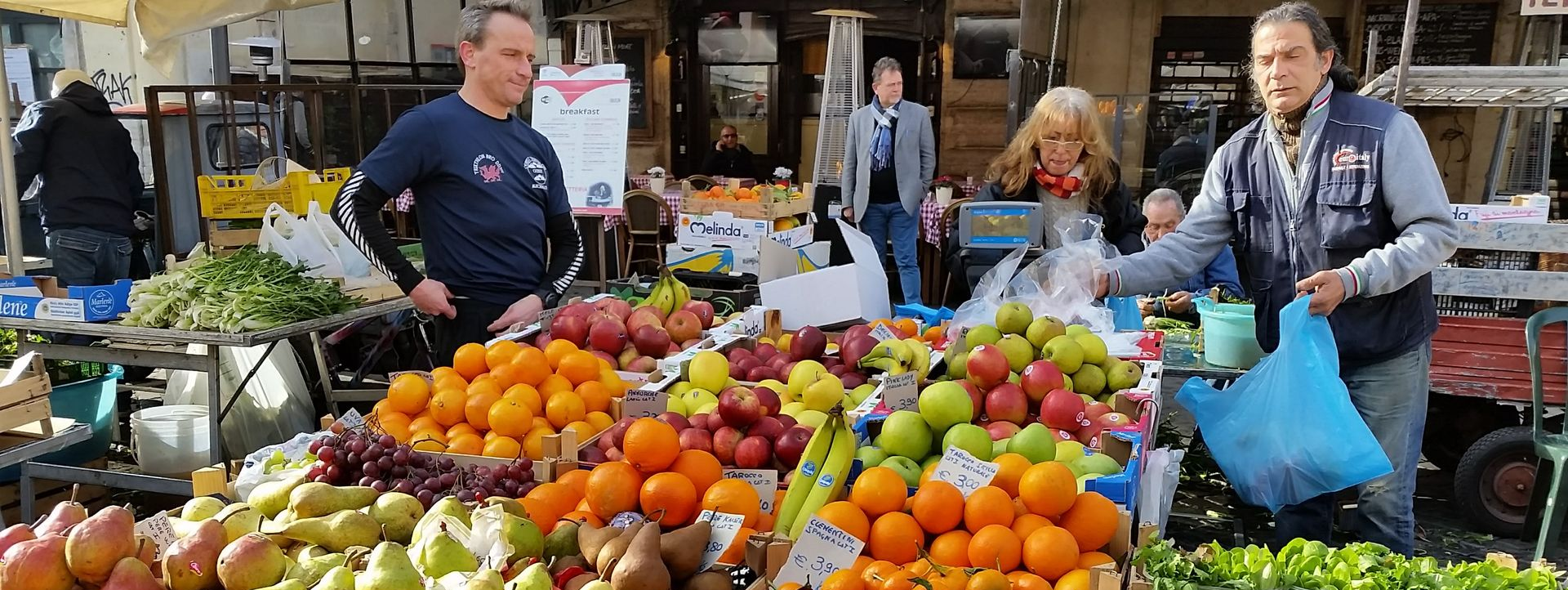4TH PILLAR OF WELLBEING
Giving (Or Volunteering)
The body content of your post goes here. To edit this text, click on it and delete this default text and start typing your own or paste your own from a different source.
4 Reasons Why Giving Has A Positive Impact
Random acts of kindness have become popular, or had a lot of profile, in a social media world. They can have a positive impact of both the giver and the recipient; providing a sense of purpose and self worth. But there are so many way's to give - it could be time, advice or supporting a cause you feel particularly close to. In this post, I hope to outline the positive impact giving can have for the 'giver' and the recipient.
In case you were wondering why the rugby balls....I played rugby until just after University. Not to a particularly high level, but enjoyed it none the less and made some wonderful friends along the way. Our son now also plays rugby and has done since the age of 6. Helping to coach his age groups has been so satisfying- win, lose or draw - seeing the progress that is being made from chasing the ball in the early years to a more positional, structured and dare I say it - strategic game....
Research has consistently demonstrated that giving, whether through acts of kindness, charity, or volunteering, triggers a cascade of positive effects within our bodies and minds.
These effects are often referred to as the "helper's high." When we engage in giving, our brains release a cocktail of neurochemicals, including oxytocin and dopamine, which are associated with happiness, stress reduction, and a sense of connection with others.
It's also worth noting (again) that the the act of giving may also cross over to the other pillars such as Connecting with others, Being Physically Active or Learning.
"No one has ever become poor from giving." ~Anne Frank
1. Emotional Wellbeing
Giving is a direct route to emotional wellbeing. When we help someone in need or simply offer a smile to a stranger, we experience a sense of fulfilment and joy. This positive emotional feedback loop reinforces our intrinsic desire to give, creating a continuous cycle of happiness and contentment.
Acts of giving can also of the impact of boosting our self-esteem and self-worth. Knowing that we can make a positive impact on someone's life enhances our sense of purpose and validates our existence.
2. Building Stronger Relationships
Giving is a key attribute of healthy relationships. Whether in friendships, family, or romantic partnerships, acts of kindness and generosity nurture trust, empathy, and intimacy. When we offer support to our loved ones, we strengthen the bonds that hold our relationships together.
Not that you give to receive, however it does have the impact in that, giving encourages reciprocity. By extending a helping hand, we create a culture of kindness and cooperation, fostering an environment where others are more likely to support us when we need it.
3. Reducing Stress and Boosting Health
Interestingly, and perhaps surprisingly, giving can even improve our physical health. Studies have shown that individuals who engage in regular acts of altruism experience lower levels of stress, reduced blood pressure, and improved overall health. The stress-reducing effects of giving are particularly significant because chronic stress is a leading contributor to various health problems.
4. Finding Meaning and Purpose
Giving provides us with a sense of purpose. It allows us to contribute to something greater than ourselves and leave a lasting impact on the world. People who engage in philanthropy or volunteer work often report higher life satisfaction and a greater sense of fulfilment.
Cultivating a Giving Mindset
To fully embrace the pillar of giving for your wellbeing, consider the following tips:
- Start Small: You don't need to make grand gestures to experience the benefits of giving. Small acts of kindness, like complimenting someone or holding the door, can have a big impact.
- Volunteer: Dedicate some of your time to a cause you are passionate about. Volunteering is a powerful way to give back to the community while enhancing your own wellbeing.
- Give what you can - be it your time, expertise, empathy or money
- Practice Gratitude: Cultivate gratitude for the abundance in your life, and you'll naturally feel more inclined to share with others.
- Be Present: When you give, be fully present. Listen actively, empathize, and engage with the person you're helping. Authentic connections deepen the sense of fulfilment.
- Teach by Example: Encourage others to embrace giving by demonstrating its positive effects in your own life.
In conclusion, giving is not only an altruistic act but also a fundamental pillar of wellbeing. It enriches our emotional lives, strengthens our relationships, reduces stress, and fosters a sense of purpose. By making giving a central part of our lives, we can experience a profound and lasting sense of fulfilment and happiness that extends far beyond our own individual wellbeing. So, let's remember that giving isn't just about helping others; it's about helping ourselves find a deeper, more meaningful way to live.
An action may not be exclusively beneficial to any of the 5 pillars of wellbeing; more often than not you will notice a certain amount of crossover between the pillars. Similarly, the simple act of being there to listen to someone can be equally rewarding and support the mental health of an individual Ultimately, being able to 'give' or 'give back' can help provide a sense of connection with a community wherever you are.
To recap you can read our previous blogs
- 5 Pillars of Wellbeing
- 1st Pillar of Wellbeing - Connecting with others
- 2nd Pillar of Wellbeing - Be Physically Active
- 3rd Pillar of Wellbeing - Learning
- Why people do yoga
- Atomic Habits post









